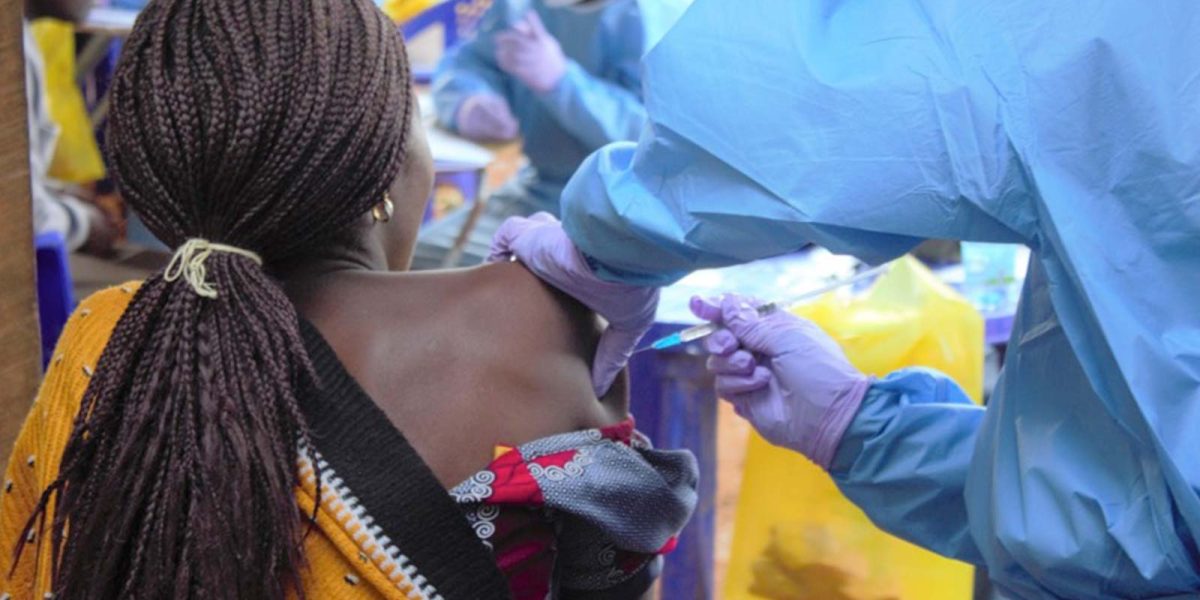Microorganisms, such as bacteria and viruses, are increasingly becoming resistant to the drugs we use to kill them (antimicrobials). This problem, known as antimicrobial resistance (AMR), is a grave threat to human, animal and environmental health. In humans, AMR prolongs illnesses, increases the risks of death, facilitates transmission and increases treatment costs. In Africa, AMR is already a problem for malaria, tuberculosis, HIV and many other infectious diseases.
Africa CDC is working with agencies of the African Union (e.g. Inter-African Bureau for Animal Resources), the United Nations (e.g. World Health Organization, Food and Agriculture Organization), and other partners to monitor this threat, slow the emergence of new AMR strains, reduce the transmission of AMR organisms, and reduce the harm that AMR infections cause.
In 2018, in consultation with subject matter experts from African Union Member States, technical and development partners, civil society organizations, and other stakeholders, Africa CDC developed a Framework for Antimicrobial Resistance Control in Africa. The framework describes priorities for African Union Member States and outlines five key strategies to improve diagnosis, treatment and collection of accurate data on AMR pathogens and antimicrobial consumption, as well as to strengthen policies on AMR at the country level. The aim is to improve surveillance of AMR organisms among humans and animals, delay emergence, limit transmission, and mitigate harm among patients infected with AMR organisms.
Following the launch of the framework, Africa CDC is supporting the development of operational plans by stakeholders (public health leaders, epidemiologists, laboratory policy experts and stakeholders from human, animal and environmental health), advocacy for policies and laws to enable long-term prevention and control, engagement with civil society organizations, and strengthening capacity for implementation. Other priority activities include:
- Collaborating with the African Society for Laboratory Medicine and Member States to collect and analyse data from laboratories about AMR organisms.
- Administering an African Union Task Force to ensure coordinated, robust action from all agencies of the AU involved in human, animal, plant, and environmental health.
- Developing a model public health legal framework and model facility standards to help Member States reduce transmission of infections, including AMR strains, in hospitals.
- Developing the first Africa-wide guidelines to help physicians, pharmacists and other providers treat infections using the correct drugs, dosage and duration.
- Training public officials and civil society organizations in the science, policy and practice of controlling AMR.

